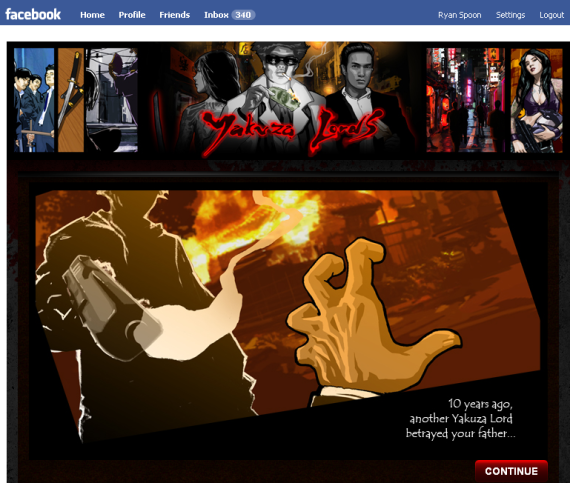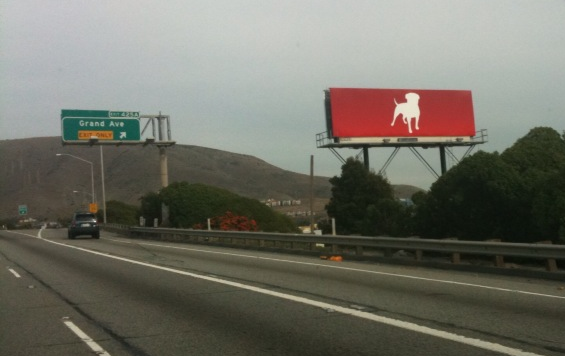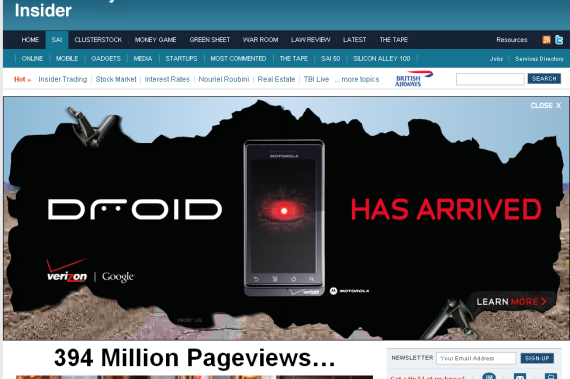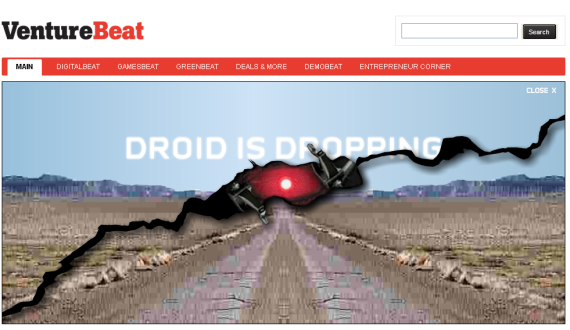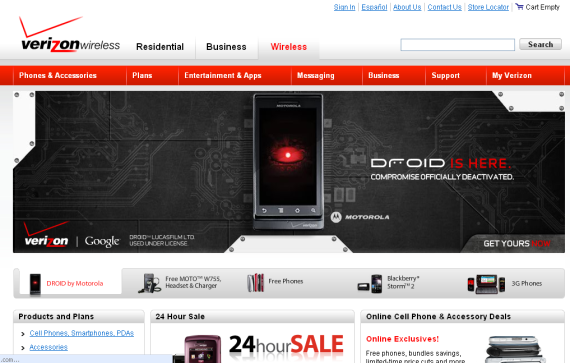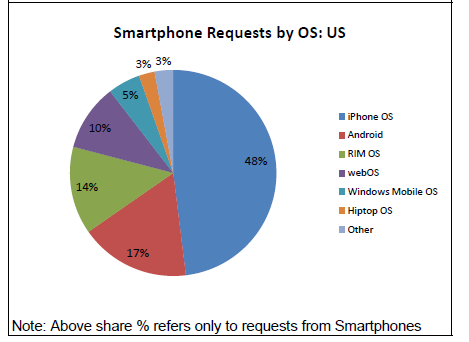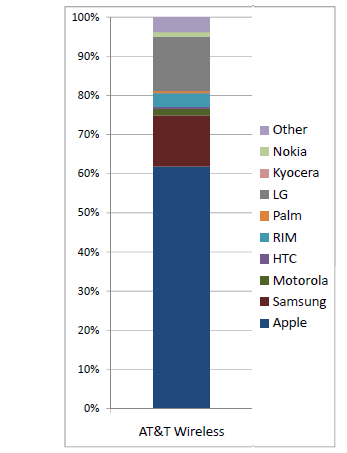Over the last three nights and dinners, the same debate has arose among three separate groups of friends: the role of competition within the the web and user behaviors.
My strong feeling is that, other than pure content digestion (like reading the New York Times), the web is driven by ego. Ego does not necessarily mean self-adoration or superiority - but it does mean the desire to be publicly thought of as interesting, smart, authoritative, popular, etc. And, equally important, the desire to be display improvement across those traits.
Competition thus is a key component of ego and the public persona because it signifies rank and progress.... and it incents activity. It is why 100,000s of people review products on Amazon; why millions blog; millions more post status updates to Facebook and Twitter. I am guilty of all of these (and many more).
Badges play a critical role because they:
1. signify authority and reputation
2. incent continued activity and growth
3. encourage users to promote their successes
From Amazon Reviews to Foursquare badges, users want to continually unlock new badges and then gloat about their 'rank' once it is achieved. When I launched eBay Reviews & Guides, our team thought long and hard about the number of badges available, how they would be represented and (importantly) the spread between different achievements. As we predicted, user activity was highly correlated with the desire to be viewed as authoritative and well-read.
Below is the profile badge for Harriet Klausner, a librarian and the #1 reviewer on Amazon with over 110,000 votes on her Amazon reviews, lists and guides. Harriet has reviewed over 20,000 items and her reviews are far from short - normally thoughtful paragraphs that are well-written. Why does she review 1,000s of items a year? I don't know but assume it is part knowledge base, part an interest in sharing and part a desire to maintain her 'fame' and #1 reviewer status:
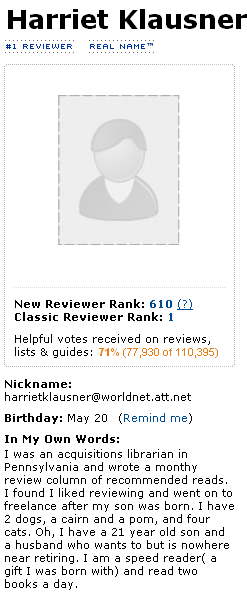
MySpace figured this out early on by publicly displaying friend counts and lists - a public popularity widget of sorts. Have you ever been in a conversation where you are asked "How many Facebook Friends / Twitter followers or LinkedIn connections you have?" It is as much a question of curiosity as it is a measurement of their own activity.
Understanding this (and that it is subconscious root of so much of our web and social activities), I ask for more. I would like to see same game mechanics that make Farmville so popular applied to my personal web usage.
Below is a screenshot of my favorite iPhone App, Golfshot, which applies detailed statistics to your golf rounds and history. It is amazingly addictive and powerful (the data unquestionably improves my golf game):

I want to see deeper statistics around the web activities I spend so much time on (Facebook, Twitter, blog, email, etc):
- Which of my Facebook posts are most popular?
- Which friends interact most with my content? Does that change by content type? By interaction (like, comment, share, etc)?
- How does my activity compare with others in my graph?
- Who do I message most on Gtalk? Email? How often do we talk? Who responds most promptly?
- How have my activity and social graph changed over time?
There are countless ways to represent activity, engagement and progress... and I want to see more - particularly presented in statistical, data-heavy manners!



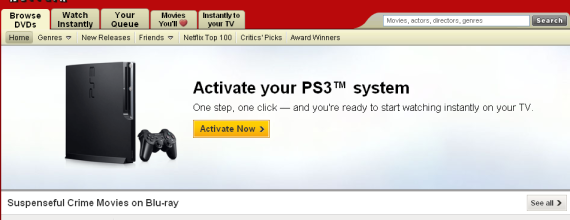


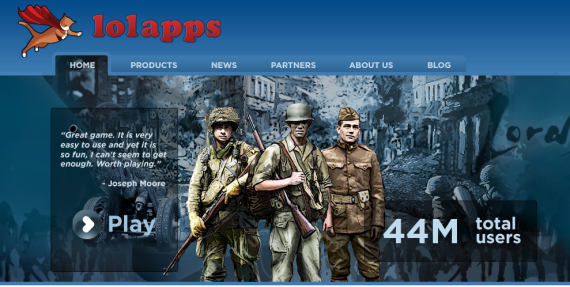 If you are unfamiliar with LOLapps, you have probably used one of their applications on Facebook: over 44 million people use LOLapps apps each month:
If you are unfamiliar with LOLapps, you have probably used one of their applications on Facebook: over 44 million people use LOLapps apps each month: